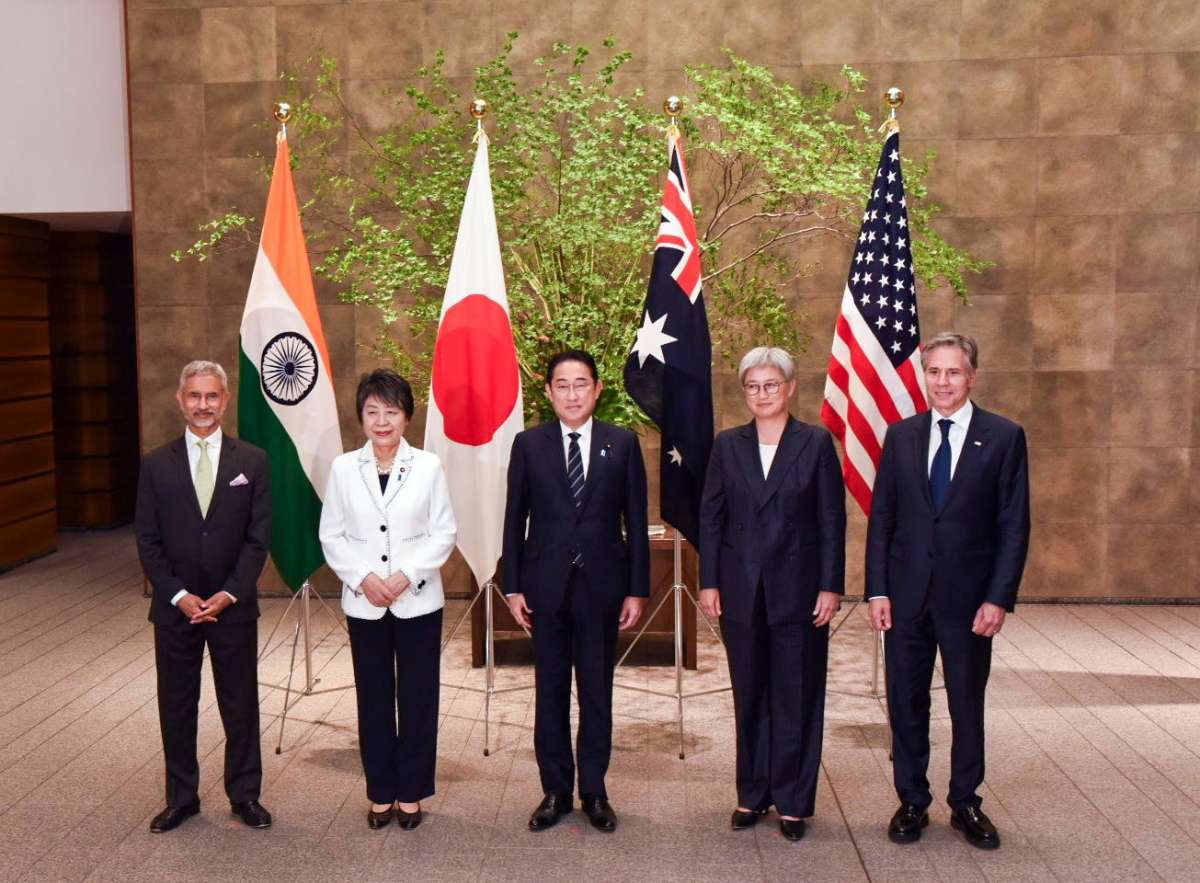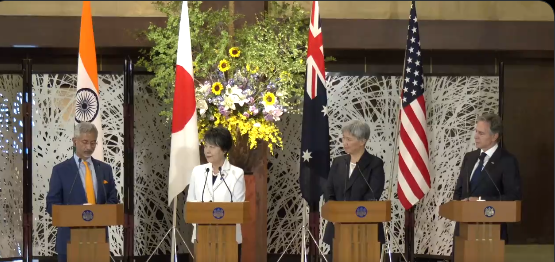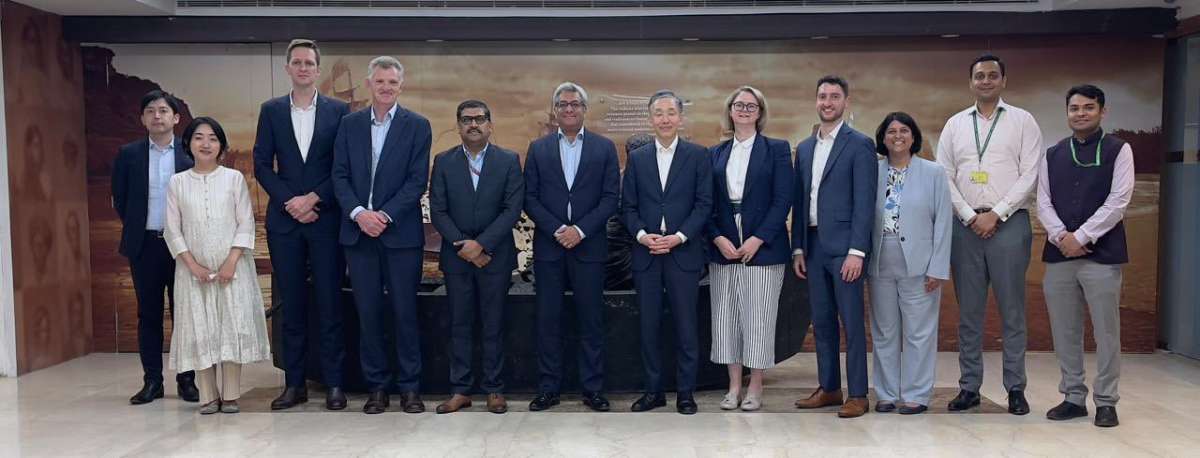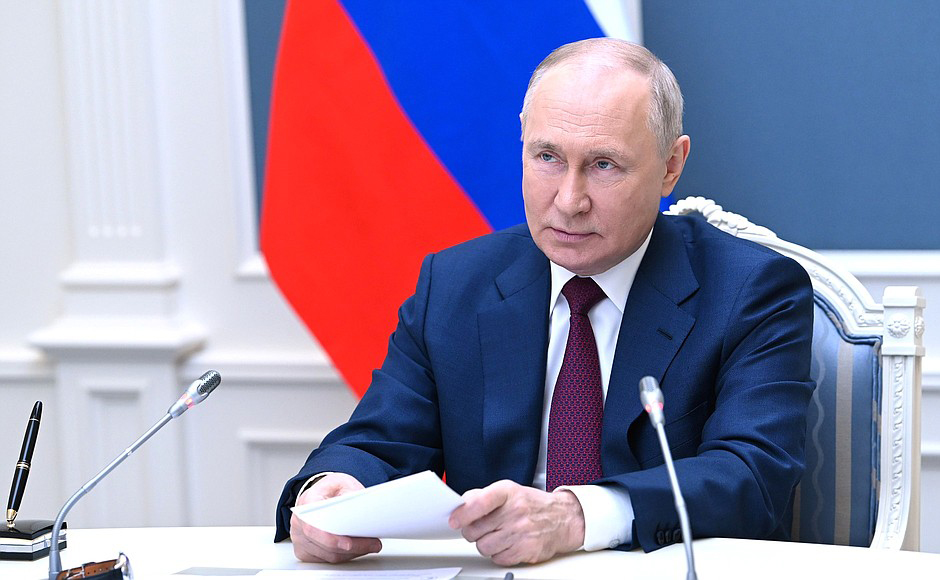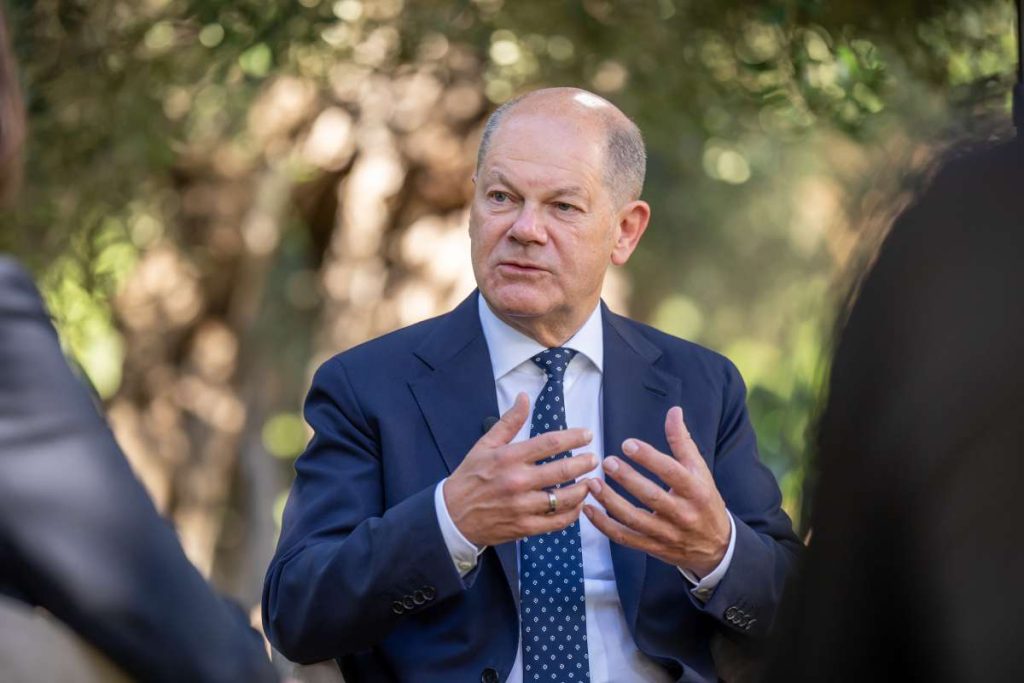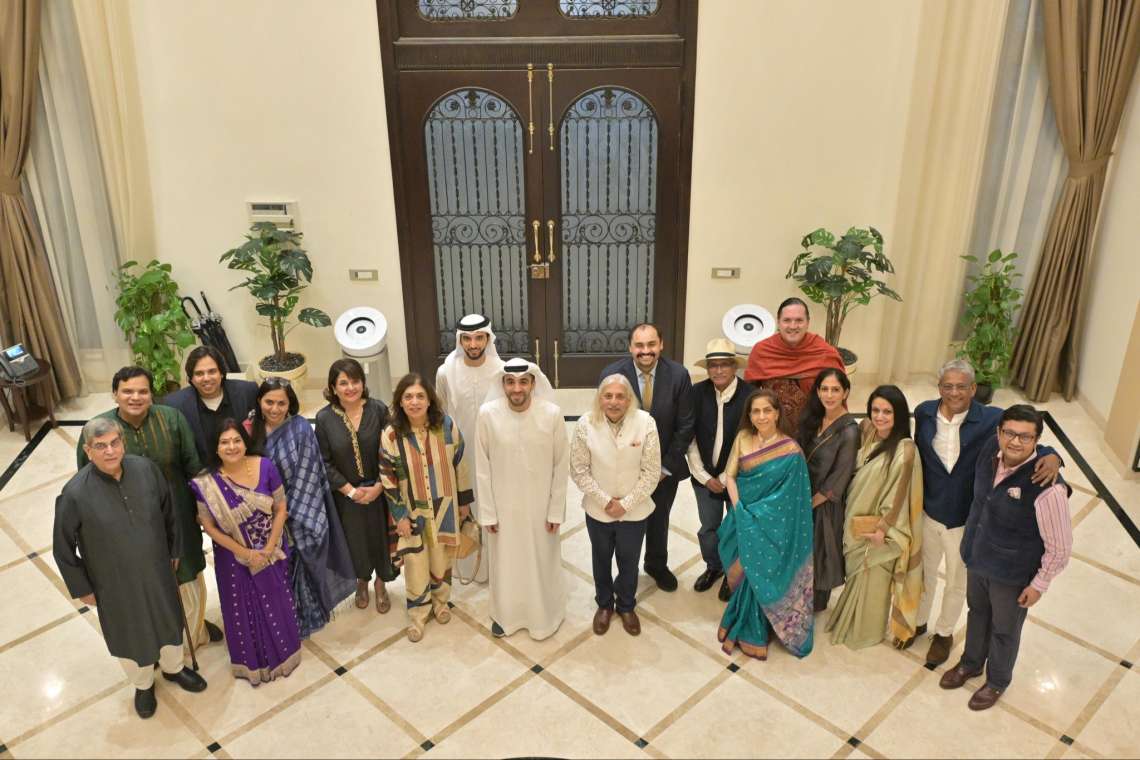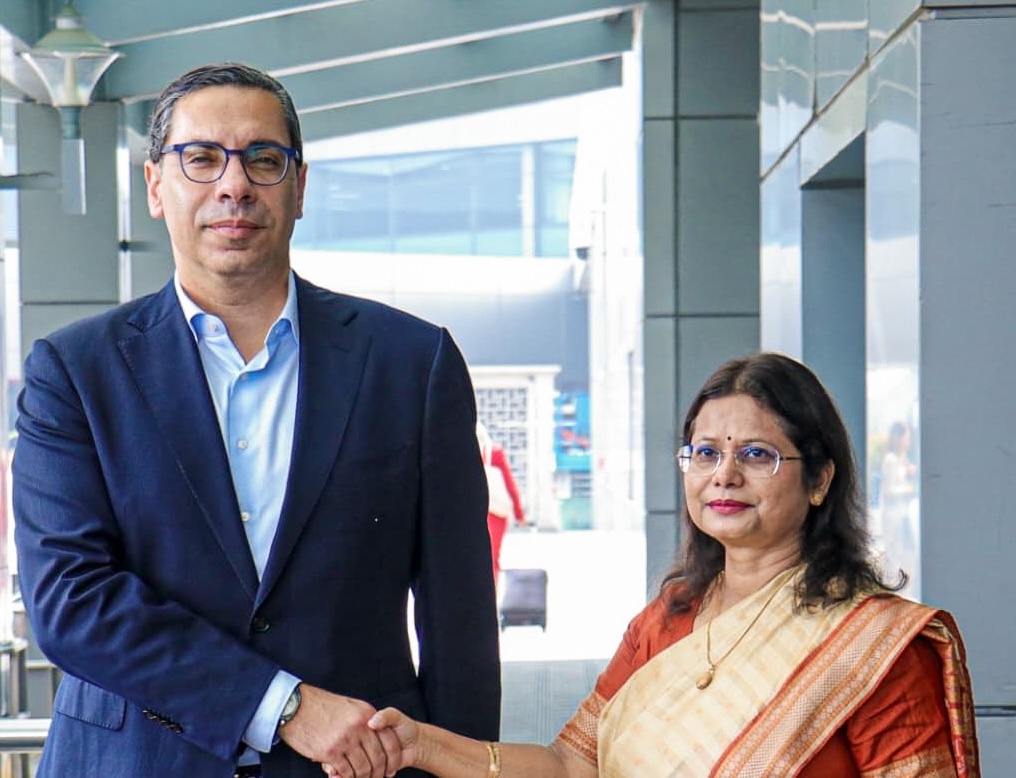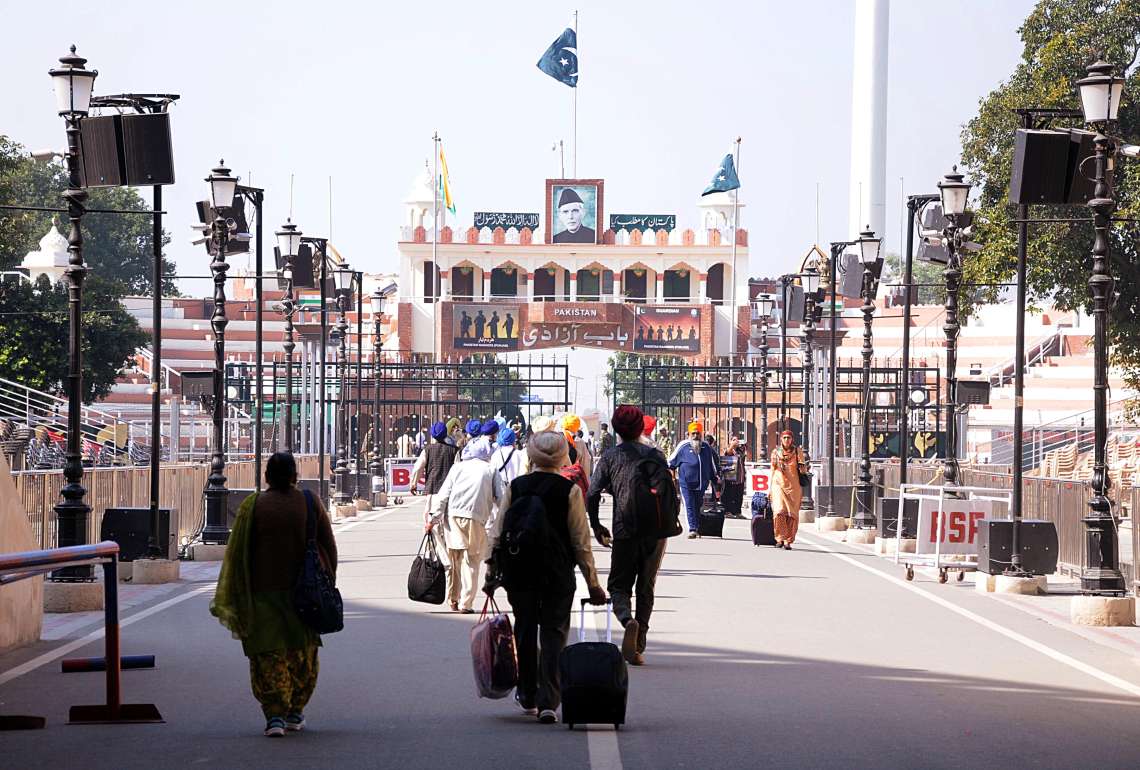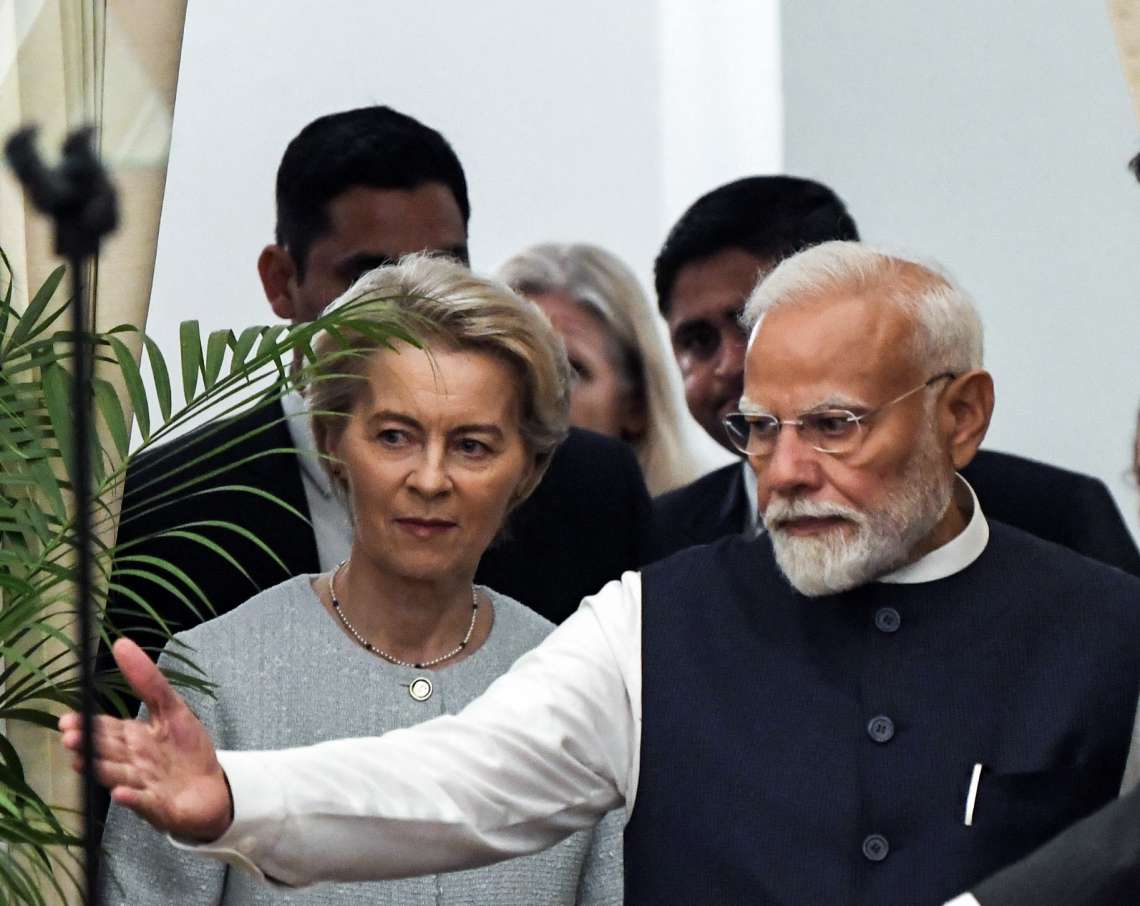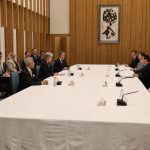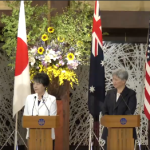The meeting was attended by US Secretary of State Antony Blinken, Japanese Foreign Minister Kamikawa Yoko, and Australian Foreign Minister Penny Wong…reports Asian Lite News
Only the Quad collaboration can ensure that the Indo-Pacific remains free, stable, and secure, External Affairs Minister S Jaishankar has said, emphasising that “it is only our collective endeavours that can proof the international system against disruptions”.
Delivering his opening remarks at the Quad Foreign Ministers’ Meeting in Tokyo, Japan on Monday, he also said that the meeting should send a clear message – that the Quad is here to stay, here to do and here to go.
The meeting was attended by US Secretary of State Antony Blinken, Japanese Foreign Minister Kamikawa Yoko, and Australian Foreign Minister Penny Wong.
“As political democracies, pluralistic societies and market economies, there is the key question of upholding a rules-based order. It is only our collaboration that can ensure that the Indo-Pacific remains free, remains open, stable, secure and prosperous,” he stated.
“It is therefore essential that our political understanding strengthens, our economic partnerships grow, our technology collaborations expand and our people-to-people comfort intensifies,” Jaishankar explained.
“These are not easy times. A major challenge is to ensure global economic growth, while also de-risking it,” Jaishankar pointed out, adding that supply chains were a particular focus for resilience, along with the push for trusted and transparent digital partnerships.
“The march of technology has also acquired extraordinary proportions, holding possibilities of the very manner in which we live, think and act. In a sense, we are in the midst of a re-globalization. At the same time, it is only our collective endeavours that can proof the international system against disruptions, man-made or natural,” Jaishankar elaborated.
Speaking at the press conference after their meeting, Jaishankar noted that Quad had built up an expansive agenda over the last few years.
This ranges from trusted telecom technology and under-sea cable connectivity to humanitarian and disaster relief (HADR), critical and emerging technologies, cyber and health security, climate action, infrastructure, capacity building and training, STEM education, maritime domain awareness and counter terrorism, he pointed out.
“This is not a talk shop but a platform that generates practical outcomes,” he remarked.
According to Jaishankar, the overall messaging is that the four Quad countries were working together for a free and open Indo-Pacific, for a rules-based order and for global good. “That by itself is a powerful stabilizing factor in an uncertain and volatile world,” he stated.
Discussions at the Tokyo meeting hold significance as India is set to host the Quad Leaders’ Summit later this year. “We look forward to India hosting the next Quad Leaders’ Summit later this year, and to the United States hosting the next Quad Foreign Ministers’ meeting in 2025,” the Quad Foreign Ministers’ Joint Statement said.
The leaders of the Quad nations—US President Joe Biden, Australian Prime Minister Anthony Albanese, Japanese Prime Minister Fumio Kishida, and Indian Prime Minister Narendra Modi— last met in Hiroshima for the fifth Quad Leaders’ Summit in May 2023.
‘Ties with China not normal’
Pointing towards the bilateral ties between India and China, Jaishankar asserted that New Delhi’s relations with Beijing are “not doing very well,” and underlined how the relationship is not normal.
Speaking to the press in Tokyo, Jaishankar said, “We have views on China based on our experience. Our relations with China are not doing very well, the main reason for that is in 2020, during the COVID, China brought very large forces to the border areas between India and China in violation of agreements that we had with China and that created tensions which led to a clash, people died on both sides.”
Notably, in 2020, the Indian and Chinese troops clashed at Galwan, the same year the pandemic started.
Noting that the issue has not been fully resolved yet between the two nations, the EAM remarked, “The consequences of that continue as the issue has not been fully resolved. The relationship right now with China is not good, not normal.”
“As a neighbour, we hope for a better relationship, but that can only happen if they respect the LOC and respect agreements which they have signed in the past…” he said during the address.
Earlier today, India, Australia, Japan and the US, in their joint statement said they intend to launch a “Quad maritime legal dialogue” under the Quad Maritime Security Working Group to “focus expertise on international law of the sea issues in support of our efforts to uphold the rules-based maritime order in the Indo-Pacific.”
The statement said that they contribute to a region in which all countries and people can exercise free choice on how they cooperate, and trade based on partnership, equality and mutual respect.
The Quad Foreign Ministers Meeting joint statement issued on July 29 said that the countries of the bloc were collectively advancing a positive and practical agenda to support the Indo-Pacific region’s sustainable development, stability, and prosperity, responding to the region’s needs.

